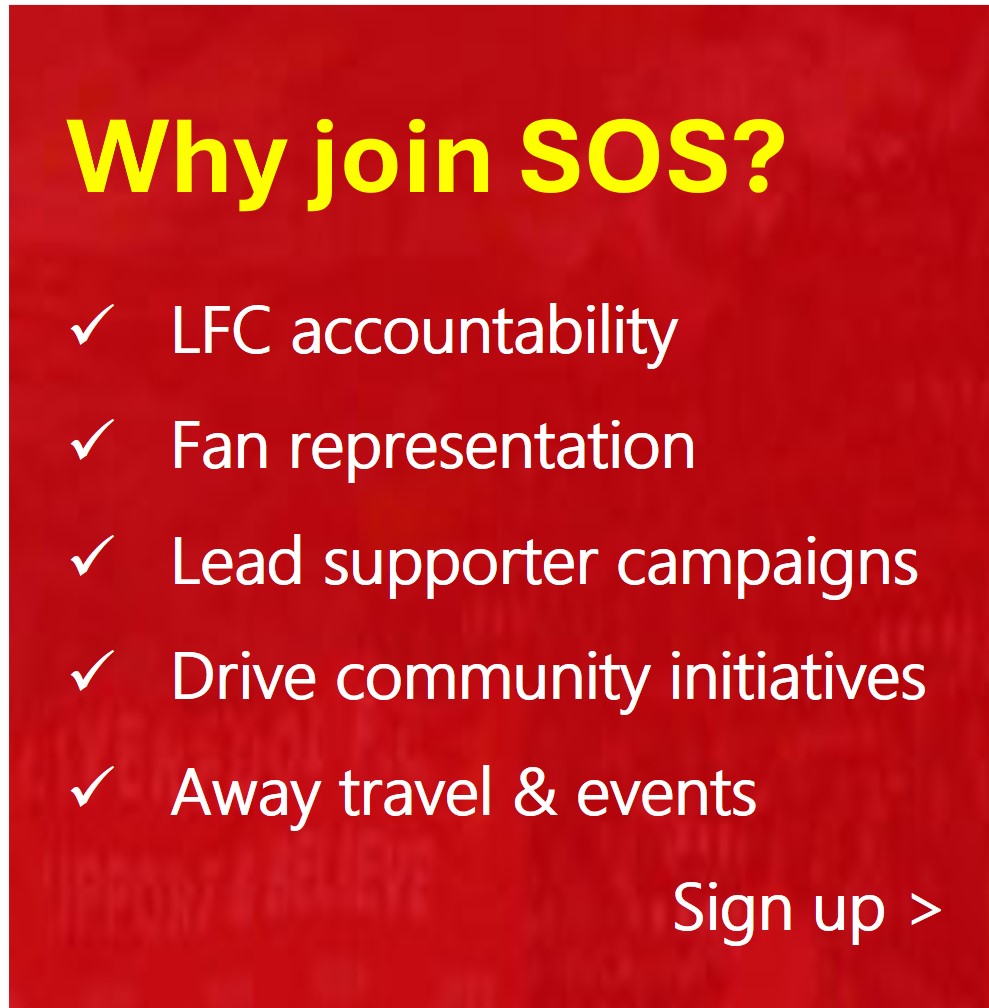
Joint Statement: Spirit of Shankly, Newcastle United Supporters Trust & The EFL
Spirit of Shankly (SoS) and Newcastle United Supporters Trust (NUST) recently met with representatives of the English Football League (EFL) to discuss issues raised in our open letter regarding the 2025 Carabao Cup Final.
The discussion was open, constructive and welcomed by all involved. As supporter organisations, our aim is always to represent, support and fight for fans – not just at our own clubs but across the game. The EFL’s willingness to engage and hear those concerns is appreciated and we hope this meeting will form the basis of continued dialogue going forward.
Ticket Allocation
We discussed how ticket allocations for Wembley finals are determined. The EFL explained that while the stadium has a capacity of 90,000, around 14,000 seats are reserved for contractual tickets for Wembley experiences members, EFL partners, broadcasters and sponsors, along with segregation seat kills – meaning approximately 74,500 are available for general sale.
We reiterated our belief that as many of those tickets as possible should go to match-going supporters of the finalist clubs. We also raised concerns about perception, transparency, and communication – particularly when some fans who had attended every game in the competition were unable to secure a ticket, while a small number were distributed elsewhere, including to other clubs.
The EFL acknowledged the importance of these issues but noted that there are no neutral areas and that the majority of any tickets provided through a central allocation go to fans of the finalist Clubs. They committed to considering:
- The wider breakdown of allocations, including how tickets are provided to Clubs that have participated in that season’s competition and other stakeholders.
- How ticketing allocations are communicated at the outset of the process and throughout in the event that additional tickets become available.
- If any additional improvements could be made to how ticket allocations for the Final are communicated (although it was noted that this is primarily a matter for finalist Clubs).
Pricing and Stadium Categorisation
We raised the issue of ticket affordability, particularly following recent changes in price categorisation that have shifted cheaper seats further from the pitch. We also questioned how these changes affect the matchday experience, including the atmosphere.
The EFL explained that 81% of tickets are general admission and that prices remain below other major domestic finals. However, they recognised the concerns raised and confirmed that they:
- Will continue to review pricing on a seasonal basis, acknowledging there is a need for an appropriate balance between meeting the revenue generation and costs requirements of relevant stakeholders alongside accessibility for fans.
- Continue to discuss selling strategies with finalist Clubs to consider any best practice that can be shared to seek to promote the optimum supporter experience inside the stadium.
Kick-Off Time
We discussed the decision to schedule the final at 4.30pm on a Sunday – and the fact tickets were on sale before the kick-off time was even confirmed. The EFL cited factors such as police risk assessments, local authority guidance and broadcaster input, noting that 4.30pm is an established kick-off time for matches played on Sunday afternoons. They also acknowledged that a balance should be struck between the interests of both fans attending and also those who cannot go in-person but want to watch on television, whether in the UK or around the world.
We raised concerns about the impact of later kick-offs on families, those with long journeys, and the increasing reliance on car travel due to limited rail options. The EFL noted the comments and for future fixtures will:
- Review how kick-off times are communicated.
- Continue to take into account supporter travel and family access in future decisions.
- Re-engage with relevant transport providers around major fixtures.
Next Steps
We thank the EFL for their time and for listening to the concerns raised. While we may not agree on every point, this was a productive and respectful conversation.
As supporter groups, we will continue to engage with football authorities to ensure that supporters’ voices are heard on key issues. We believe major fixtures should be accessible, affordable and shaped with match-going fans in mind – and we’ll continue to work towards that with the EFL and other governing bodies.
For their part, the EFL committed to an ongoing dialogue and to continue working with the FSA on these and other supported related matters.
We look forward to building on this dialogue and pushing for positive change across the game.




